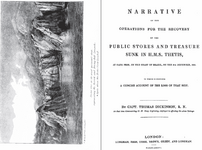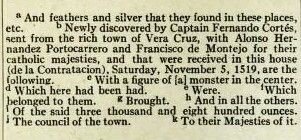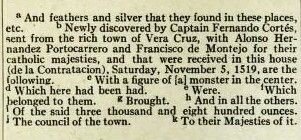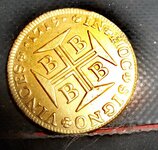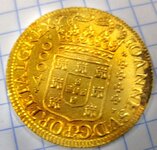Oceanscience
Full Member
- May 23, 2010
- 207
- 202
By the year 1500, there was about 50 tons of gold in European hands.
Then came the plunder of the Americas.
This added another 150 tons of gold.
By the year 1700 there was about 200 tons of gold in European hands.
Then the gold from Brazil started coming.
The Brazilian gold production was massive. During the next 130 years, about 1800 tons of the gold shipped, arrived in Portugal.
How many ships sank with large amounts of gold on board?
But what happened to the gold after it arrived in Portugal?
A very large part was shipped again, from Portugal to France and specially to England.
How much of that gold ended up on the bottom of the ocean?
Then came the plunder of the Americas.
This added another 150 tons of gold.
By the year 1700 there was about 200 tons of gold in European hands.
Then the gold from Brazil started coming.
The Brazilian gold production was massive. During the next 130 years, about 1800 tons of the gold shipped, arrived in Portugal.
How many ships sank with large amounts of gold on board?
But what happened to the gold after it arrived in Portugal?
A very large part was shipped again, from Portugal to France and specially to England.
How much of that gold ended up on the bottom of the ocean?


